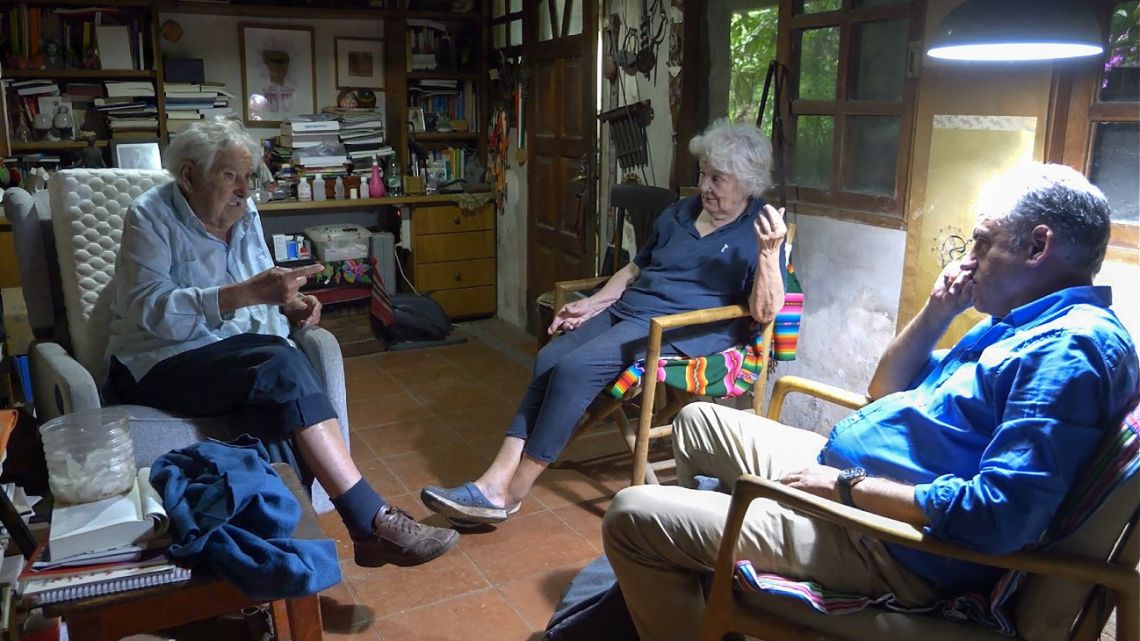A storm of investigations has swept through Brazil’s judicial system, exposing widespread corruption across six state courts. The probe led to the removal of 16 appellate judges and seven lower court judges from their positions.
Authorities arrested one judge and ordered six others to wear electronic ankle monitors. The Federal Police are investigating alleged corruption in high-stakes cases involving land disputes and criminal proceedings against an international drug trafficker.
The investigations span courts in Mato Grosso, Mato Grosso do Sul, Tocantins, São Paulo, Espírito Santo, and Maranhão. In Mato Grosso do Sul, five appellate judges now wear electronic monitors to prevent contact with other suspects.
The investigation there focuses on land dispute cases and possible favoritism towards a state prosecutor. This development raises questions about judicial impartiality and the integrity of court decisions.
The Mato Grosso probe stems from messages found on the phone of Roberto Zampieri, a court lobbyist murdered in December 2023. Investigators uncovered evidence of judges receiving gifts and bribes instead of recusing themselves from cases.
 Corruption Allegations Shake Brazil’s Judicial System to Its Core. (Photo Internet reproduction)
Corruption Allegations Shake Brazil’s Judicial System to Its Core. (Photo Internet reproduction)This revelation highlights the need for stricter ethical guidelines and oversight in the judiciary. In Tocantins, authorities removed four appellate judges and three lower court judges.
Corruption Scandals Undermine Brazil’s Judicial System
The investigation there also implicated the state governor. Wiretaps revealed judges’ dissatisfaction with delayed or fractioned bribe payments. This case exposes the extent of corruption within the state’s political and judicial systems.
The Maranhão case centers on the fraudulent release of court-ordered payments, causing an estimated R$17 million ($2.98 million) loss to a state-owned bank. Judges allegedly expedited these releases in exchange for bribes.
This scheme demonstrates how corruption can directly impact public finances. In Espírito Santo, two judges face charges of embezzling R$7.08 million ($1.24 million) from deceased people’s accounts through fake settlements.
The scheme involved forging documents and simulating agreements with eight deceased individuals. This case reveals a disturbing abuse of power and exploitation of the deceased.
The São Paulo investigation led to the indictment of an appellate judge for allegedly selling favorable decisions in criminal cases. The price varied based on the severity of the charges, with “churrasco” (barbecue) used as code for bribe negotiations.
This case exposes how corruption can undermine the criminal justice system. These investigations highlight the urgent need for judicial reform in Brazil.
They reveal how corruption can erode public trust in the justice system and compromise the rule of law. As the probes continue, Brazilians hope for a cleaner, more transparent judiciary that upholds the principles of justice and equality.

 By The Rio Times | Created at 2024-11-25 09:46:18 | Updated at 2024-11-26 15:34:45
1 day ago
By The Rio Times | Created at 2024-11-25 09:46:18 | Updated at 2024-11-26 15:34:45
1 day ago








